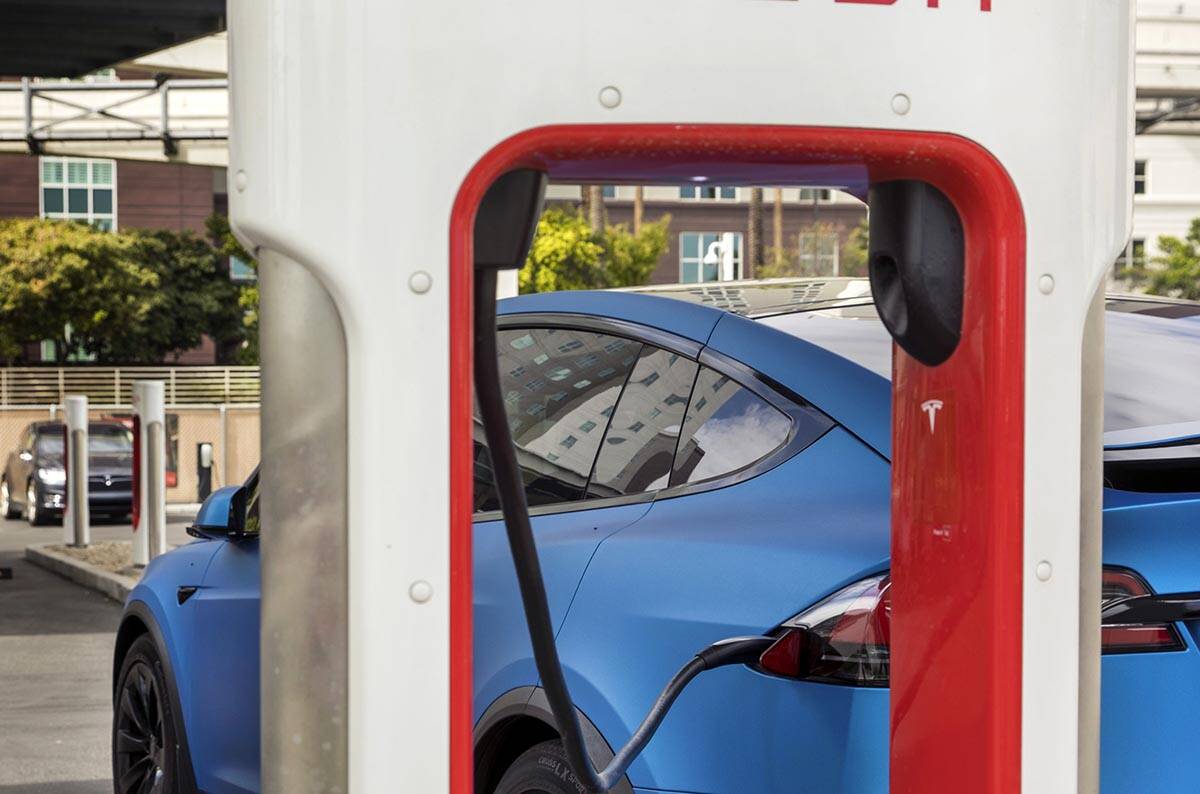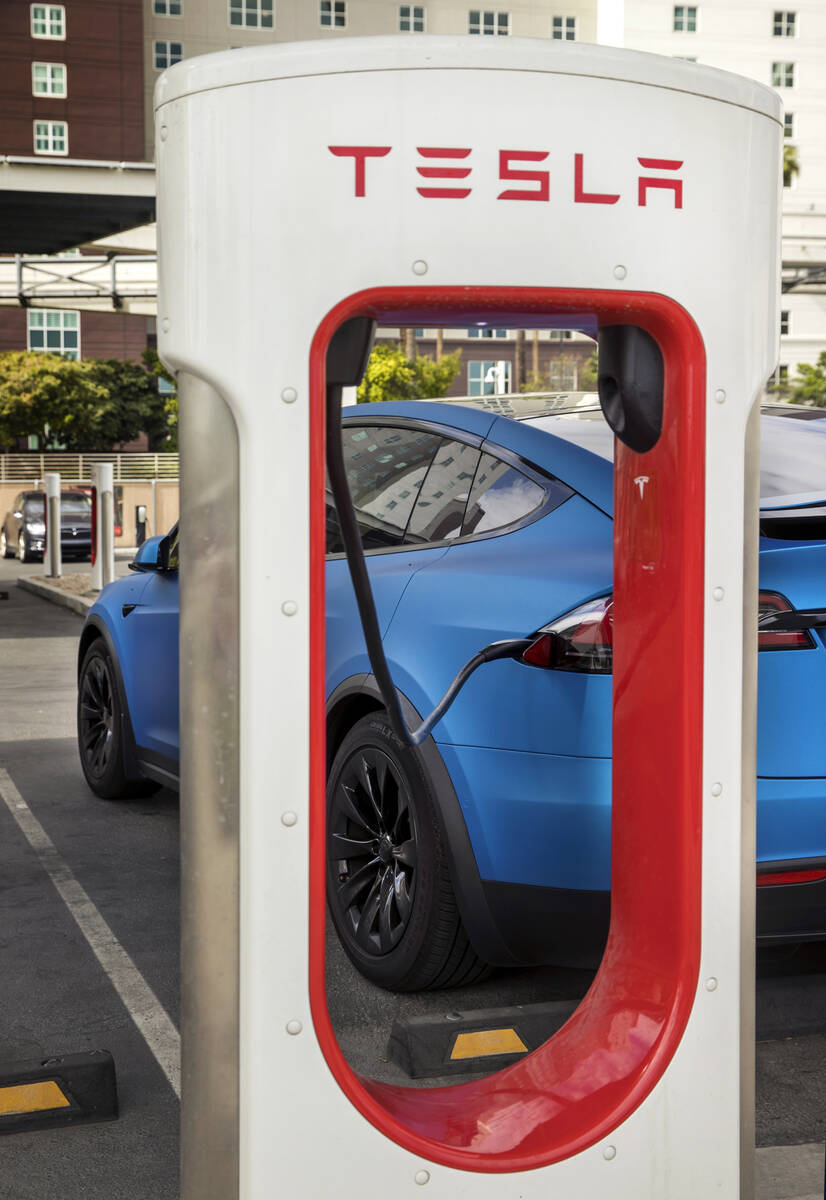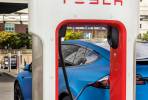EDITORIAL: Report: EV ‘savings’ evaporate in the real world
The push by greens to demand that drivers switch to electric vehicles entails the usual progressive combination of handouts and government coercion. In Nevada, an interim legislative panel will soon decide whether to dictate to automakers how many plug-ins they must offer for sale in the state in coming years. Expect a call at the next session in Carson City in 2023 for buyer subsidies.
Advocates insist that the benefits of such interventionism extend beyond advancing the crusade against global warming. Consumers will reap significant financial savings, they argue, by ditching their gasoline-powered vehicles in favor of plug-ins. Why, a poll of Nevada residents last year found that three out of four respondents expressed interest in buying or leasing an electric vehicle, insists Consumer Reports.
Of course, if 75 percent of Nevadans were truly eager to buy an EV, we wouldn’t need the politicians to manipulate the marketplace to achieve that result. There’s a reason why plug-ins remain a small — albeit growing — percentage of overall automobile sales: The technology doesn’t yet meet the needs of many drivers, and the cost savings are overblown, if not nonexistent.
“They are a wonderful driving experience,” Patrick Anderson told the Detroit Free Press about electric vehicles. “But at the same time, they’re an enormous burden in time and in energy in finding chargers and getting them charged. And you’re not really saving much in terms of charging costs … you may be paying more.”
Mr. Anderson is CEO of the Anderson Economic Group, a Michigan-based consulting firm that has worked with Detroit auto companies for two decades. On Thursday, he released a report on electric vehicles that goes beyond the environmental hype. Among the findings, according to the Free Press: It’s currently cheaper to drive a car that gets decent gas mileage than to drive an electric vehicle, which carries a number of hidden costs when it comes to charging.
Mr. Anderson estimates that, if gasoline costs $2.81 a gallon, a gas-powered car that gets 33 mpg will run the driver about $8.58 per 100 miles. A Chevy Bolt, charged commercially, would cost its owner $12.95 for that same 100 miles.
In addition, ranges advertised for most electric vehicles are exaggerated, Mr Anderson notes, given that manufacturers warn against charging up to 100 percent. Thus a 350-mile trip that can be made without a stop in a gas-powered car might require two stops totaling more than an hour in an EV.
That may change, of course, as more charging stations become available and battery technology advances. But until such time, those demanding that American drivers ditch the internal combustion engine any time soon will continue to meet with resistance from U.S. consumers regardless of government mandates.





























